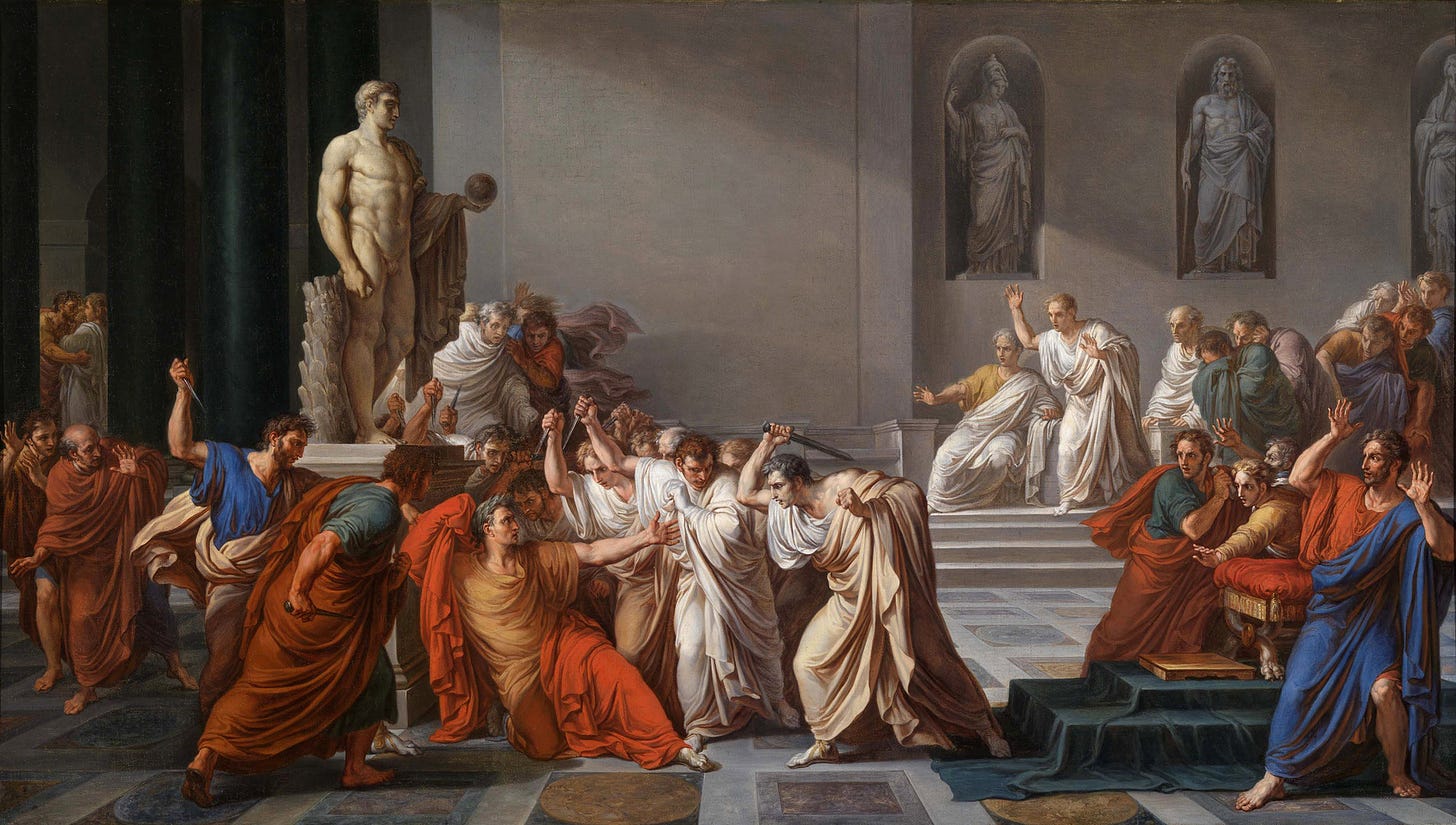Hollow Thrones
We mistake wealth for nobility, followers for authority, and consumption for class. The modern "elite" are nothing but Bourgeois pretenders playing dress-up in Aristocratic clothing—all the materialism with none of the duty, all the privilege with none of the responsibility. Like actors in an endless digital theatre, they perform status rather than embody it, mistaking the trappings of power for its essence. This is the culmination of Liberal modernity's promise: that anyone can become "elite" through mere accumulation, whether of wealth, followers, or influence.
Any fool with a six-figure salary or million-dollar net worth now considers themselves part of some "new aristocracy." Celebrities opine on politics as if their ability to read lines on camera grants them wisdom. Influencers with no understanding of history or governance are elevated to the ivory tower, their vapid thoughts amplified simply because they've mastered the art of digital performance. This performance itself reveals the hollowness at the heart of modern status—our digital age has perfected the art of empty authority, where visibility alone confers legitimacy. Social media platforms encourage endless curation and self-commodification, turning identity itself into a brand to be optimized. We construct our personas like products, each tweet and post another attempt to claim authority without earning it, to assert influence without understanding its responsibilities.
For all our "progress," we've only succeeded in creating a more efficient system for producing hollow men. The true Aristocrat was bound by blood and duty—a sacred obligation to their people, their land, their future. They had skin in the game, a generational investment in the wellbeing of their society. It wasn't about power for power's sake, but about blood-right and the responsibilities that came with it. This binding shaped not just their privileges but their very being, creating a class that understood power as obligation rather than opportunity. The ancient understanding that authority flows from duty, not display, has been lost in our rush to democratize everything, to pretend that status can be earned through metrics and not dutiful inheritance.
Instead, we've created a class of rootless "elites" whose only claim to authority is their bank balance or follower count. They seek the trappings of nobility while shirking its burdens. They want the power without the purpose, the privilege without the obligation. And we, in our collective hubris, call this "progress." The networked self becomes just another form of bourgeois pretense, all display and no substance, as we reshape ourselves into personal brands rather than persons. This is the final victory of the merchant mentality and the age of the slave caste: the reduction of all human qualities to marketable metrics, the transformation of being itself into a form of digital commerce.
The best people, from the best families, with the best education—bound by oath and duty to their people—these should be the ones steering the ship of state. Not because they've mastered the art of consumption or personal branding, but because they understand that true authority flows from obligation, not optimization. They grasp what our modern pretenders cannot: that nobility is not a performance to be curated but a burden to be carried, not a privilege to be enjoyed but a duty to be fulfilled. This isn't about credentials or degrees, but about true cultivation of character through deep engagement with history, philosophy, and tradition. Our modern "elites" mistake their specialized knowledge, their MBAs and tech credentials, for true education—reducing wisdom to metrics and culture to consumption. In an age where everyone claims to be a "thought leader" or "influencer," we've forgotten that true leadership comes not from the ability to gather followers but from the willingness to bear responsibility, take the necessary actions—ethical or unethical—and die for your beliefs.
Perhaps we should start asking our LinkedIn thought leaders to prove their worth through trial by combat. Though I suspect they'd try to optimize that too—"10 Steps to Winning a Duel While Maintaining Your Personal Brand."




